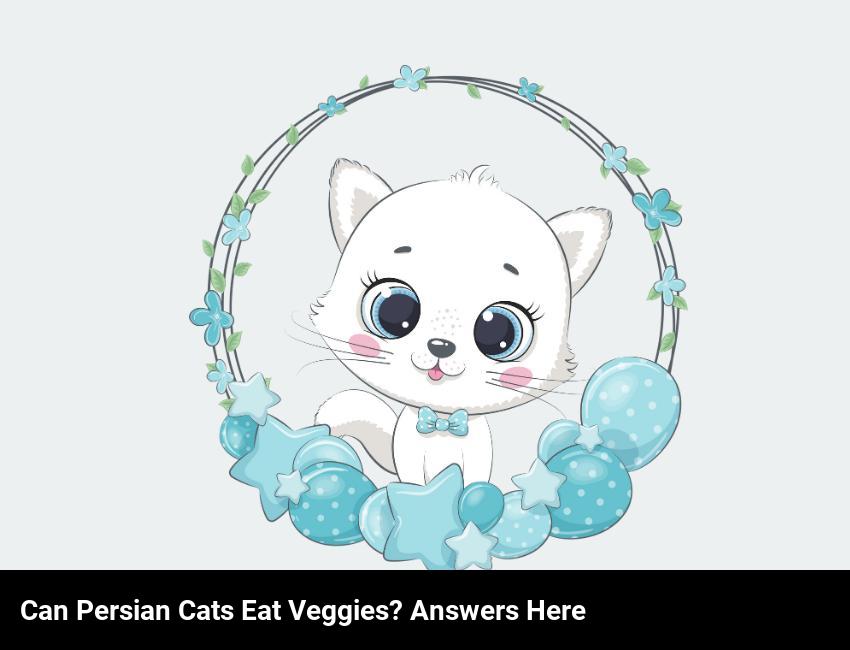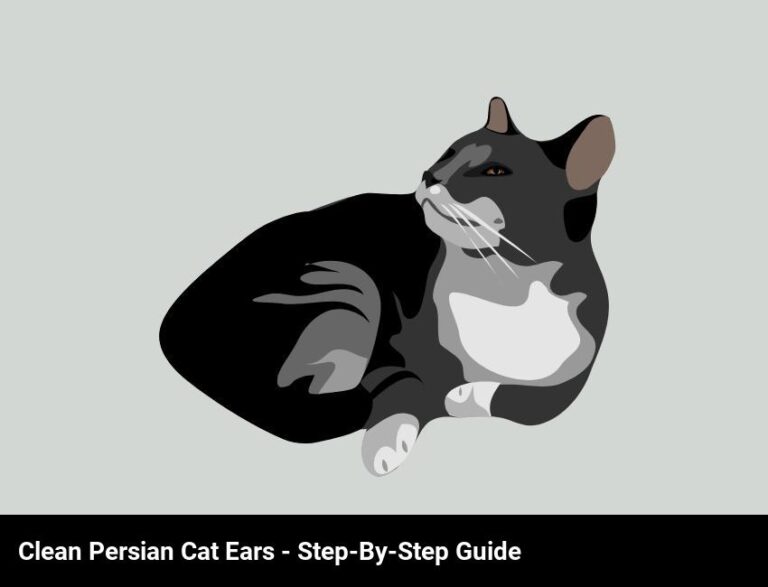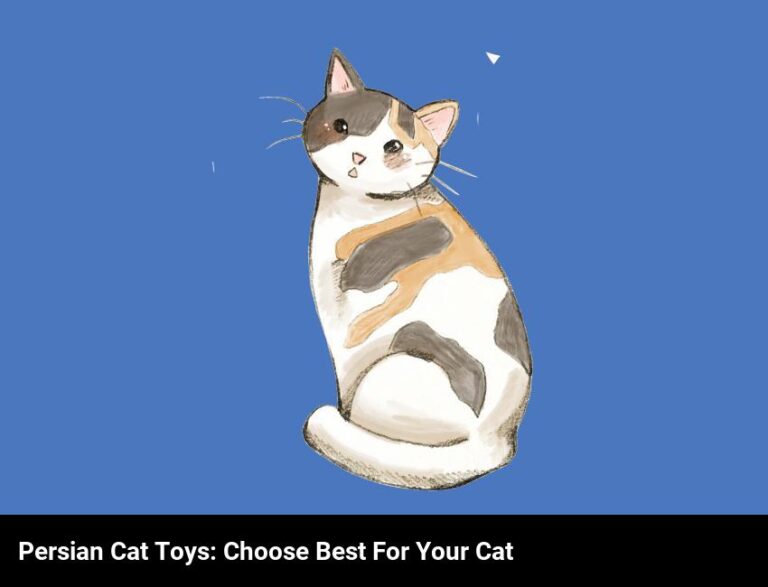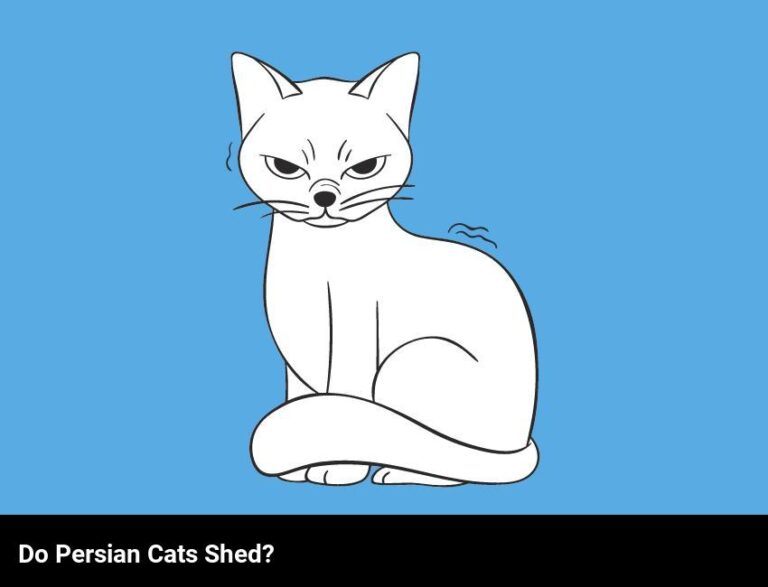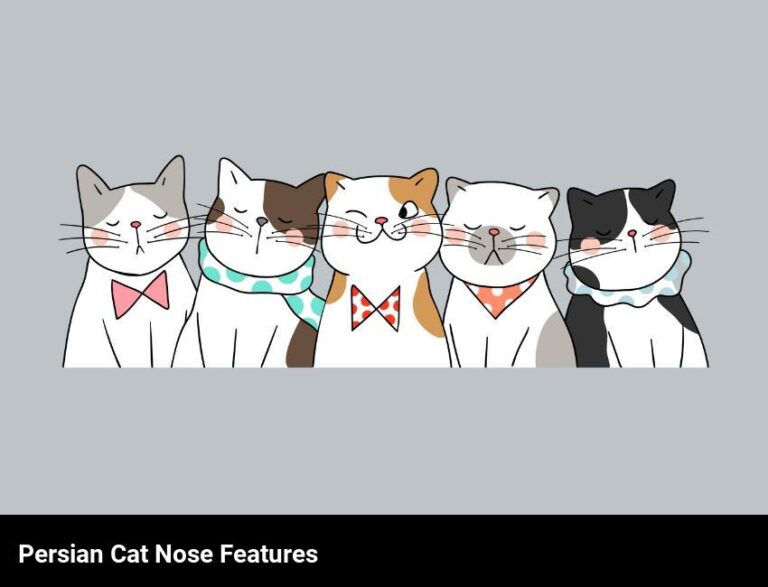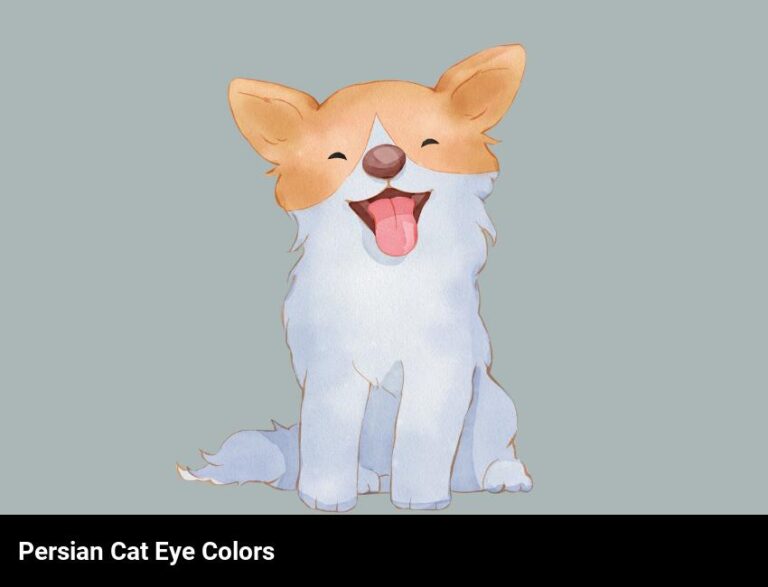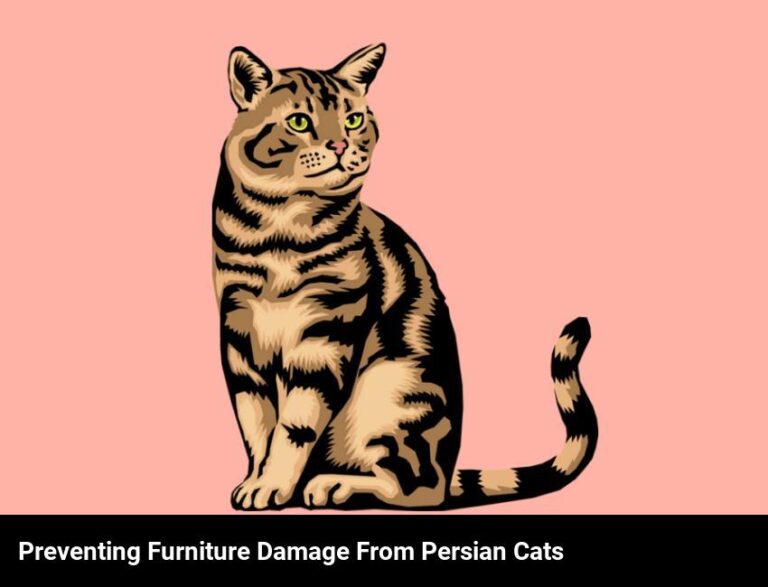Can Persian Cats Eat Vegetables? Here’S What You Need To Know
Yes, Persian cats can eat vegetables. Carrots, green beans, cooked sweet potatoes and cooked pumpkin are all safe options. Vegetables should be cooked and offered in small amounts as part of a balanced diet.
As a proud owner of a Persian cat, I’m always looking for ways to provide my beloved furball with the best nutrition and care. One thing I’ve been wondering lately is whether it’s safe and beneficial to feed my Persian cat vegetables. After all, cats are carnivores, so can they really eat vegetables?
After doing some research and consulting with my vet, I’ve learned that Persian cats can in fact eat certain types of vegetables. Not only that, but feeding your Persian cat vegetables can provide them with necessary vitamins and minerals, as well as help them stay healthy and active.
In this blog, I’m going to share with you what I’ve learned about the benefits and potential risks of feeding vegetables to Persian cats. I’ll also discuss the best vegetables for Persian cats, as well as the warning signs to look out for when feeding vegetables to your Persian cat.
What types of vegetables can persian cats eat?
When it comes to your Persian cat’s diet, vegetables can be a great addition to their meal plan. But not all vegetables are created equal when it comes to cats. You’ll want to pick vegetables that are healthy and safe for your feline friend.
Luckily, there are plenty of vegetables that your Persian cat can enjoy. Some great options include carrots, spinach, zucchini, celery, and green beans. All of these vegetables are rich in essential vitamins and minerals, making them a perfect nutrient-packed addition to your cat’s diet.
If you’re looking for a more flavorful option, consider adding cooked sweet potatoes to your cat’s meals. Sweet potatoes are full of vitamins and minerals, plus they contain an important antioxidant called beta-carotene that can help promote healthy vision.
Another great vegetable your Persian cat might enjoy is cooked pumpkin. Pumpkin is packed with fiber, which can help support your cat’s digestive health. Plus, it’s a great source of vitamin A, which can help boost your cat’s immune system.
No matter which vegetable you choose, be sure to check with your vet before adding any new foods to your cat’s diet. And if you do decide to give your Persian cat vegetables, keep it to a maximum of 10 percent of their daily calorie intake.
Are there any benefits of feeding vegetables to persian cats?
Yes, there are many benefits to feeding vegetables to Persian cats! Here are a few:
- Strengthened Immune System: Veggies are a great source of vitamins and minerals, which can help boost your Persian cat’s immune system.
- Improved Digestion: Veggies are full of dietary fiber and antioxidants which can help improve your cat’s digestion.
- Weight Management: Vegetables are low in calories, so they can help your cat stay at a healthy weight.
- Increased Energy: Feeding veggies to your Persian cat will provide them with energy-rich carbohydrates, which can help keep them active and alert.
- Reduced Risk of Disease: Many vegetables are known to help reduce the risk of certain diseases in cats, such as diabetes and heart disease.
How can you ensure that your persian cat is receiving the nutritional benefits of vegetables?
You can ensure that your Persian cat is receiving the nutritional benefits of vegetables by following these simple steps:
- Feed your Persian cat fresh vegetables in their uncooked state. Cats will benefit from the additional fiber and vitamins that vegetables provide.
- Incorporate vegetables into a balanced diet for your cat. Vegetables should make up 10-20% of their daily food intake.
- Make sure to properly prepare the vegetables before giving them to your cat. Wash them to remove any dirt or pesticides, and cut them into small pieces.
- Offer a variety of vegetables to your cat, such as spinach, carrots, celery, peppers, squash, and sweet potatoes.
- Monitor your cat’s reaction to the vegetables. If they don’t seem to enjoy them, find a different vegetable or try a different preparation method.
- Supplement with vitamins and minerals. This can help ensure that your cat is getting the necessary nutrients they need, even if they don’t eat as many vegetables as you’d like.
What are the potential risks of feeding vegetables to persian cats?
When it comes to feeding your Persian cat vegetables, there are potential risks that you should be aware of. While most cats will benefit from the vitamins and minerals found in vegetables, Persian cats, who are typically more prone to certain health issues, may be more sensitive to changes in their diet.
One potential risk with feeding vegetables to Persian cats is an increase in digestive problems. Many Persian cats are already prone to digestive issues, so adding new foods to their diet, such as vegetables, could increase their risk for gastrointestinal discomfort. To reduce the risk of digestive issues, it’s important to introduce new foods to your cat’s diet slowly and in small amounts.
Another potential risk with feeding vegetables to Persian cats is an increase in weight gain. While it’s important for cats to get enough nutrients in their diet, too much can cause them to gain weight, which could lead to other health complications. To reduce the risk of weight gain, it’s important to control the portion size of vegetables that you’re feeding your Persian cat.
Finally, Persian cats may be more sensitive to certain vegetables than others. While many cats enjoy eating some vegetables, certain types may cause gastrointestinal issues or allergic reactions. To reduce the risk of an adverse reaction, it’s important to talk to your vet before introducing new vegetables to your cat’s diet.
Overall, while vegetables can be beneficial to your Persian cat’s diet, it’s important to be aware of the potential risks that come with feeding them to your pet. By introducing new foods to your cat’s diet slowly, controlling portion sizes, and consulting with your vet, you can help your Persian cat enjoy the benefits of eating vegetables without any of the risks.
What are the best vegetables for persian cats?
If you’re a Persian cat parent, you’re probably wondering what vegetables your cat can and should enjoy. The good news is that Persian cats are actually able to eat a wide range of vegetables, provided they are cooked, pureed, and peeled! Some of the best veggie options for Persian cats include carrots, sweet potatoes, broccoli, spinach, and asparagus.
Carrots are an excellent source of Vitamin A, which helps to keep Persian cats’ eyes healthy and strong. They are also packed with Vitamin C and are full of antioxidants. Sweet potatoes are also an excellent source of Vitamin A, as well as Vitamin C and dietary fiber.
Broccoli is an excellent source of Vitamins K, C, and A, as well as dietary fiber. It’s also full of antioxidants and has anti-inflammatory properties. Spinach is another great choice, as it is high in Vitamins A, K, C, and B6, as well as folate and iron.
Finally, asparagus is a great veggie for Persian cats. It is full of Vitamins K, A, and C, as well as antioxidants. Asparagus also helps to promote healthy digestion, so it’s a great choice for your Persian cat!
Remember, all these veggies should be cooked, pureed, and peeled before being served to your Persian cat. That way, you can be sure your cat gets all the goodness from these nutritious vegetables.
What are the warning signs to look out for when feeding vegetables to persian cats?
As a proud Persian Cat owner, you may be wondering if your furry friend can safely dine on some vegetables. The good news is that they can! However, there are some warning signs you should look out for.
First and foremost, some vegetables, such as onions and garlic, may be toxic to cats. Always double-check with your vet before feeding your Persian cat any type of vegetable.
Additionally, you should be on the lookout for any signs of gastrointestinal distress. If your cat begins vomiting or having diarrhea after eating vegetables, it’s a clear sign that they may not be able to digest them properly.
Also, it’s important to be mindful of any allergies your cat may have. If your Persian cat has any known allergies, it’s best to steer clear of vegetables until you have discussed it with your vet.
Finally, it’s important to remember that vegetables should only be offered in moderation. Introduce them slowly and keep an eye on your cat’s reaction. Too much of anything can be a bad thing, and that includes vegetables!
Overall, Persian cats can eat some vegetables, but it’s important to watch out for any signs of trouble. By doing your research and being mindful of your cat’s health and wellbeing, you can ensure your Persian cat enjoys a healthy, balanced diet.
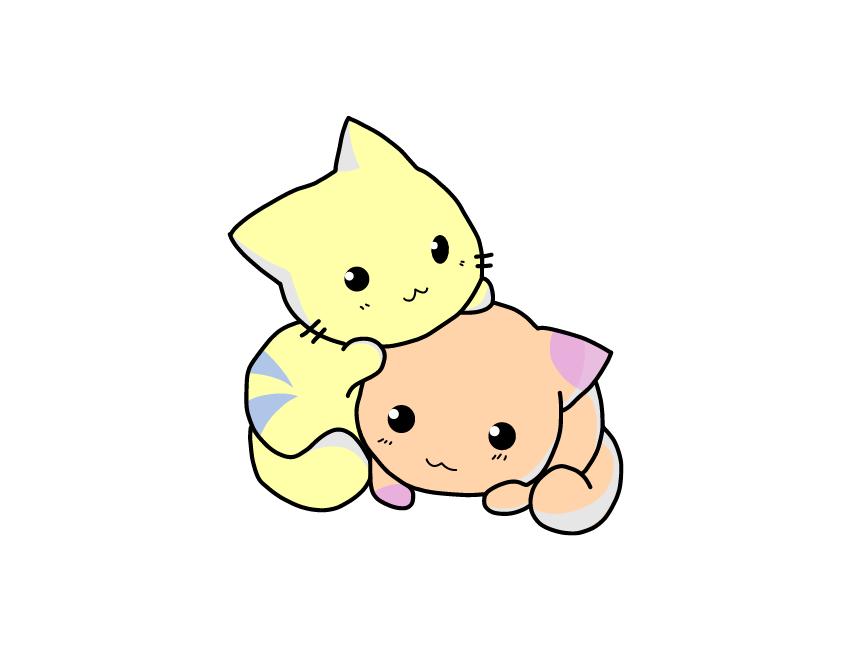
Frequently Asked Questions
Is it safe for persian cats to eat vegetables?
Yes, it is generally safe for Persian cats to eat vegetables, as long as they are prepared properly and in moderation. Most vegetables are a great source of essential vitamins and minerals for cats, so adding a few to their diet can be beneficial. However, it is important to check with your vet before introducing any new foods, as some vegetables may not be suitable for every cat.
What kind of vegetables are best for persian cats?
The best vegetables for Persian cats are leafy greens such as kale, spinach, and Swiss chard. Carrots, celery, and zucchini are also great options. However, it’s important to remember that cats are obligate carnivores and should not be given a vegetarian or vegan diet.
How can i tell if my persian cat likes vegetables?
If you’re wondering if your Persian cat will like vegetables, the best way to find out is to try offering a small amount of cooked vegetables. Look for signs that your cat is interested in the food, such as sniffing or licking it. If your cat eats the vegetables, it’s a good sign that they like them. If your cat walks away or shows no interest, it’s a sign that they don’t like the taste or texture.
Does eating vegetables have any special benefits for persian cats?
Yes, eating vegetables can have special benefits for Persian cats. Vegetables are a great source of dietary fiber, which can help keep your cat’s digestive system functioning properly. In addition, many vegetables contain essential vitamins and minerals that can help keep your Persian cat healthy and active. Make sure to feed your cat vegetables in moderation and always consult your veterinarian before changing your cat’s diet.

